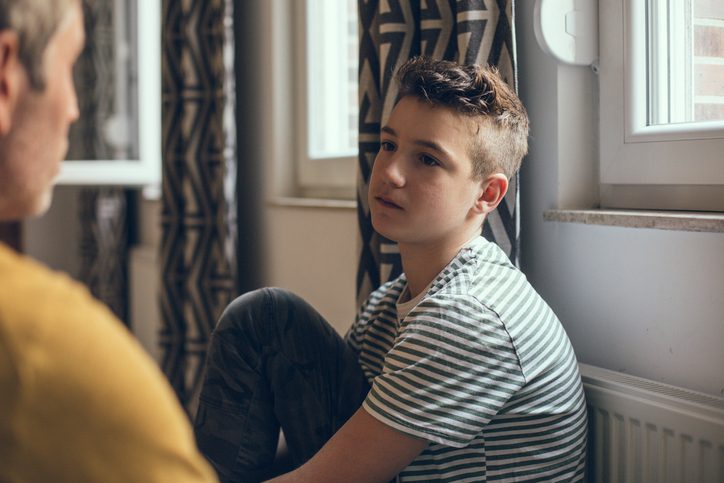
Apr 28, 2021 | Hope & Recovery, Understanding Mental Illness
If you are asking this question, you are probably not alone. In fact, 18 million Americans struggle with misusing alcohol or with the symptoms of Alcohol Use Disorders (AUD). If you feel as though your relationship with alcohol is a problem or could become a problem,...

Mar 2, 2021 | Understanding Mental Illness
Bipolar disorder is thought to be a rare condition consisting of “mood swings” but it’s much more common and complex than that. Bipolar disorder affects 60 million people worldwide and approximately 5.7 million Americans. Of these, an estimated 51% will go untreated...






